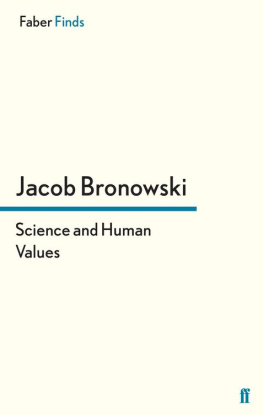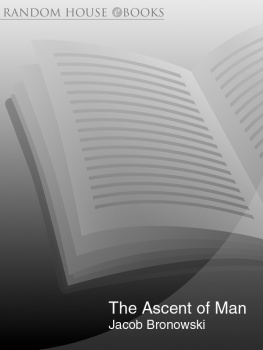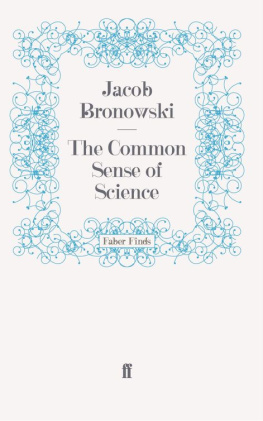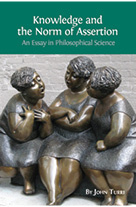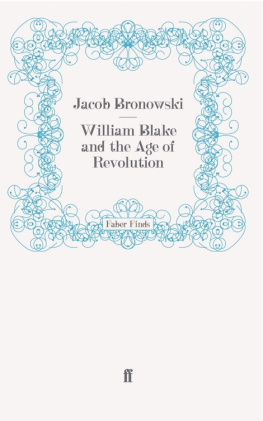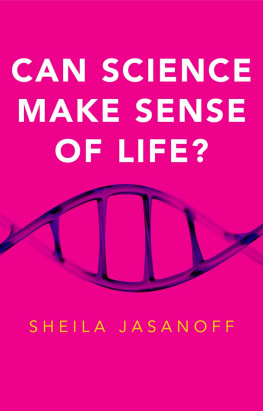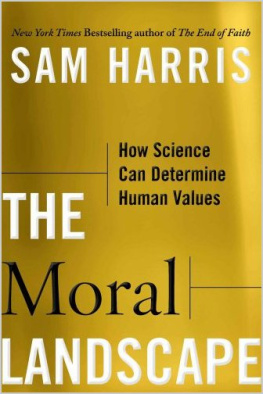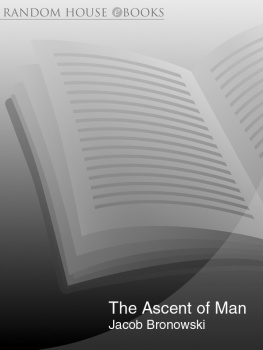The three essays which make up this book were first given as lectures at the Massachusetts Institute of Technology on 26 February, 5 March, and 19 March 1953, when I was Carnegie Professor there. They were published after my return to England as articles in three issues of the Universities Quarterly in 1956, and a little later the Nation in America gave up its last issue of that year entirely to them. At that time the essays still seemed to me to concern only scientists, but general interest in them continued to grow, and they were published as a book in America in 1958. Since then, passages and ideas from the essays have become current in England also, so that at last I have felt that the time has come to print them in a book which is accessible to any interested reader.
In the years that have passed since I first put forward the ideas in these essays I have continued to practise science, and to think about its relation to the values by which we live. Yet, reading these essays again now, I find little that I would change and few things that I want to add. I have therefore made only small changes in the text, and I have put the added material mostly into notes at the end of the book. These notes fill out some points which have given rise to discussion, and they also quote relevant new matter which has appeared since the essays were first printed. The notes amplify my text, and underline it; and I do not want to change anything else.
In only one respect would I want to enlarge what I have said here about science and human values, if I were starting afresh today to write about their relation for the first time. In the book as I have written it I have deliberately confined myself to establishing one central proposition: that the practice of science compels the practitioner to form for himself a fundamental set of universal values. I have not suggested that this set embraces all the human values; I was sure when I wrote that it did not; but at the time I did not want to blur the argument by discussing the whole spectrum of values. Now that the crux of my argument has been accepted, I would, were I beginning again, give some space also to a discussion of those values which are not generated by the practice of science the values of tenderness, of kindliness, of human intimacy and love. These form a different domain from the sharp and, as it were, Old Testament virtues which science produces, but of course they do not negate the values of science. I shall hope to write about the relation between the two sets of values at another time, and to show how we need to link them in our behaviour.
As it is, I leave the book at the point which its last page reaches: the demonstration that values are not rules,
but are those deeper illuminations in whose light justice and injustice, good and evil, means and ends are seen in fearful sharpness of outline.
This thought, that the exactness of science can give a context for our judgements, seems to me as important in its application today as it was when first I wrote it.
The gravest indictment that can be made of our generalized culture is, in fact, that it erodes our sense of the context in which judgements must be made. Let me end with a practical example. When I returned from the physical shock of Nagasaki, which I have described in the first page of this book, I tried to persuade my colleagues in governments and in the United Nations that Nagasaki should be preserved exactly as it was then. I wanted all future conferences on disarmament, and on other issues which weigh the fates of nations, to be held in that ashy, clinical sea of rubble. I still think as I did then, that only in this forbidding context could statesmen make realistic judgements of the problems which they handle on our behalf. Alas, my official colleagues thought nothing of my scheme; on the contrary , they pointed out to me that delegates would be uncomfortable in Nagasaki.
1
On a fine November day in 1945, late in the afternoon, I was landed on an airstrip in southern Japan. From there a jeep was to take me over the mountains to join a ship which lay in Nagasaki Harbour. I knew nothing of the country or the distance before us. We drove off; dusk fell; the road rose and fell away, the pine woods came down to the road, straggled on, and opened again. I did not know that we had left the open country until unexpectedly I heard the ships loudspeakers broadcasting dance music. Then suddenly I was aware that we were already at the centre of damage in Nagasaki. The shadows behind me were the skeletons of the Mitsubishi factory buildings, pushed backwards and sideways as if by a giant hand. What I had thought to be broken rocks was a concrete power house with its roof punched in. I could now make out the outline of two crumpled gasometers; there was a cold furnace festooned with service pipes; otherwise nothing but cockeyed telegraph poles and loops of wire in a bare waste of ashes. I had blundered into this desolate landscape as instantly as one might wake among the craters of the moon. The moment of recognition when I realized that I was already in Nagasaki is present to me as I write, as vividly as when I lived it. I see the warm night and the meaningless shapes; I can even remember the tune that was coming from the ship. It was a dance tune which had been popular in 1945, and it was called Is You Is Or Is You Aint Ma Baby?
This book, which I have called Science and HumanValues, was born at that moment. For the moment I have recalled was a universal moment; what I met was, almost as abruptly, the experience of mankind. On an evening like that evening, some time in 1945, each of us in his own way learned that his imagination had been dwarfed. We looked up and saw the power of which we had been proud loom over us like the ruins of Nagasaki.
The power of science for good and for evil has troubled other minds than ours. We are not here fumbling with a new dilemma; our subject and our fears are as old as the tool-making civilizations. Men have been killed with weapons before now: what happened at Nagasaki was only more massive (for 40,000 were killed there by a flash which lasted seconds) and more ironical (for the bomb exploded over the main Christian community in Japan). Nothing happened in 1945 except that we changed the scale of our indifference to man; and conscience, in revenge, for an instant became immediate to us. Before this immediacy fades in a sequence of televised atomic tests, let us acknowledge our subject for what it is: civilization face to face with its own implications. The implications are both the industrial slum which Nagasaki was before it was bombed, and the ashy desolation which the bomb made of the slum. And civilization asks of both ruins, Is You Is Or Is You Aint Ma Baby?
2
The man whom I imagine to be asking this question, wrily with a sense of shame, is not a scientist; he is civilized man. It is of course more usual for each member of civilization to take flight from its consequences by protesting that others have failed him. Those whose education and perhaps tastes have confined them to the humanities protest that the scientists alone are to blame, for plainly no mandarin ever made a bomb or an industry . The scientists say, with equal contempt, that the Greek scholars and the earnest cataloguers of cave paintings do well to wash their hands of blame; but what in fact are they doing to help direct the society whose ills grow more often from inaction than from error?
This absurd division reached its reductio ad absurdum, I think, when one of my teachers, G. H. Hardy, justified his great life work on the ground that it could do no one the least harm or the least good. But Hardy was a mathematician; will humanists really let him opt out of the conspiracy of scientists? Or are scientists in their turn to forgive Hardy because, protest as he might, most of them learned their indispensable mathematics from his books?

